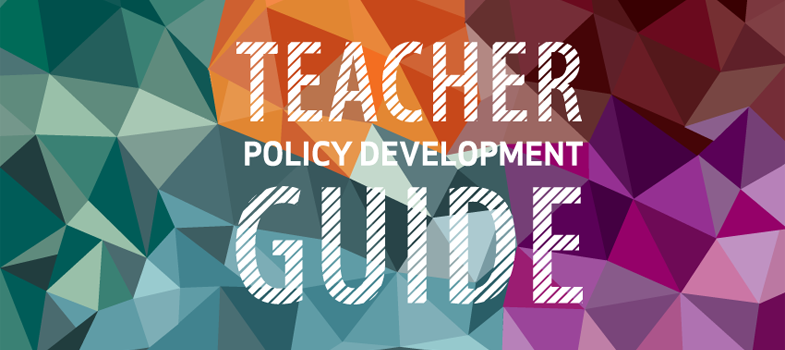References
International standards
ILO/UNESCO. 1966. Recommendation Concerning the Status of Teachers. Geneva, ILO and Paris, UNESCO Publishing. http://www.ilo.org/ sector/ Resources/ sectoral-standards/ WCMS_162034/ lang--en/ index.htm [Tip: hold Ctrl and click a link to open it in a new tab. (Hide tip)] (Accessed 21 March 2015.)
UNESCO. 1997. Recommendation concerning the Status of Higher-Education Teaching Personnel. Paris, UNESCO Publishing. http://portal.unesco.org/ en/ ev.php-URL_ID=13084&URL_DO=DO_TOPIC&URL_SECTION=201.html (Accessed 21 March 2015.)
UIS. 2012. International Standard Classification of Education – ISCED 2011. Montreal, UIS. http://www.uis.unesco.org/ Education/ Documents/ isced-2011-en.pdf (Accessed 21 March 2015.)
Policy guidelines, manuals, handbooks
ILO. 2012. Handbook of Good Human Resource Practices in the Teaching Profession. Geneva, International Labour Organization. http://www.ilo.org/ sector/ Resources/ publications/ WCMS_187793/ lang--en/ index.htm (Accessed 21 March 2015.)
ILO. 2014. ILO Policy Guidelines on the Promotion of Decent Work for Early Childhood Education Personnel. Geneva, International Labour Organization. http://www.ilo.org/ sector/ Resources/ codes-of-practice-and-guidelines/ WCMS_236528/ lang--en/ index.htm (Accessed 21 March 2015.)
UNESCO. 2010. Methodological Guide for the Analysis of Teacher Issues: Teacher Training Initiative for Sub-Saharan Africa (TTISSA) Teacher Policy Development Guide. Paris, UNESCO. http://unesdoc.unesco.org/ images/ 0019/ 001901/ 190129e.pdf (Accessed 21 March 2015.)
World Bank. 2013. What Matters Most for Teacher Policies: A Framework Paper. Washington, DC. http://wbgfiles.worldbank.org/ documents/ hdn/ ed/ saber/ supporting_doc/ Background/ TCH/ Framework_SABER-Teachers.pdf (Accessed 21 March 2015.)
Research, reports, studies
Asia Society. 2014. Excellence, Equity, and Inclusiveness – High Quality Teaching for All: The International Summit on the Teaching Profession. New York, Asia Society. http://asiasociety.org/ teachingsummit (Accessed 21 March 2015
Commonwealth Secretariat. 2013. Educators in Exile: The Role and Status of Refugee Teachers. London, Commonwealth Secretariat.
OECD. 2005. Teachers Matter: Attracting, Developing and Retaining Effective Teachers. Paris, OECD Publishing. http://www.oecd.org/ edu/ school/ attractingdevelopingandretainingeffectiveteachers-homepage.htm (Accessed 21 March 2015.)
OECD. 2014a. Talis 2013 Results: An International Perspective on Teaching and Learning. Paris, TALIS, OECD Publishing. http://dx.doi.org/ 10.1787/ 9789264196261-en
OECD. 2014b. Education at a Glance 2014: OECD Indicators. Paris, OECD Publishing. http://www.oecd.org/ edu/ Education-at-a- Glance-2014.pdf
UNESCO. 2014. Teaching and Learning: Achieving Quality for All – EFA Global Monitoring Report, 2013/14. Paris, UNESCO. http://www.unesco.org/ new/ en/ education/ themes/ leading-the-international-agenda/ efareport/ reports (Accessed 21 March 2015)
UIS. 2013. A Teacher for Every Child: Projecting Global Teacher Needs from 2015 to 2030. UIS Fact Sheet No. 27, October 2013. Montreal, UNESCO Institute for Statistics. http://www.uis.unesco.org/ Education/ Documents/ fs27-2013-teachers-projections.pdf (Accessed 21 March 2015.)
Back to previous pagePrevious
1.3.3 Education stakeholders
